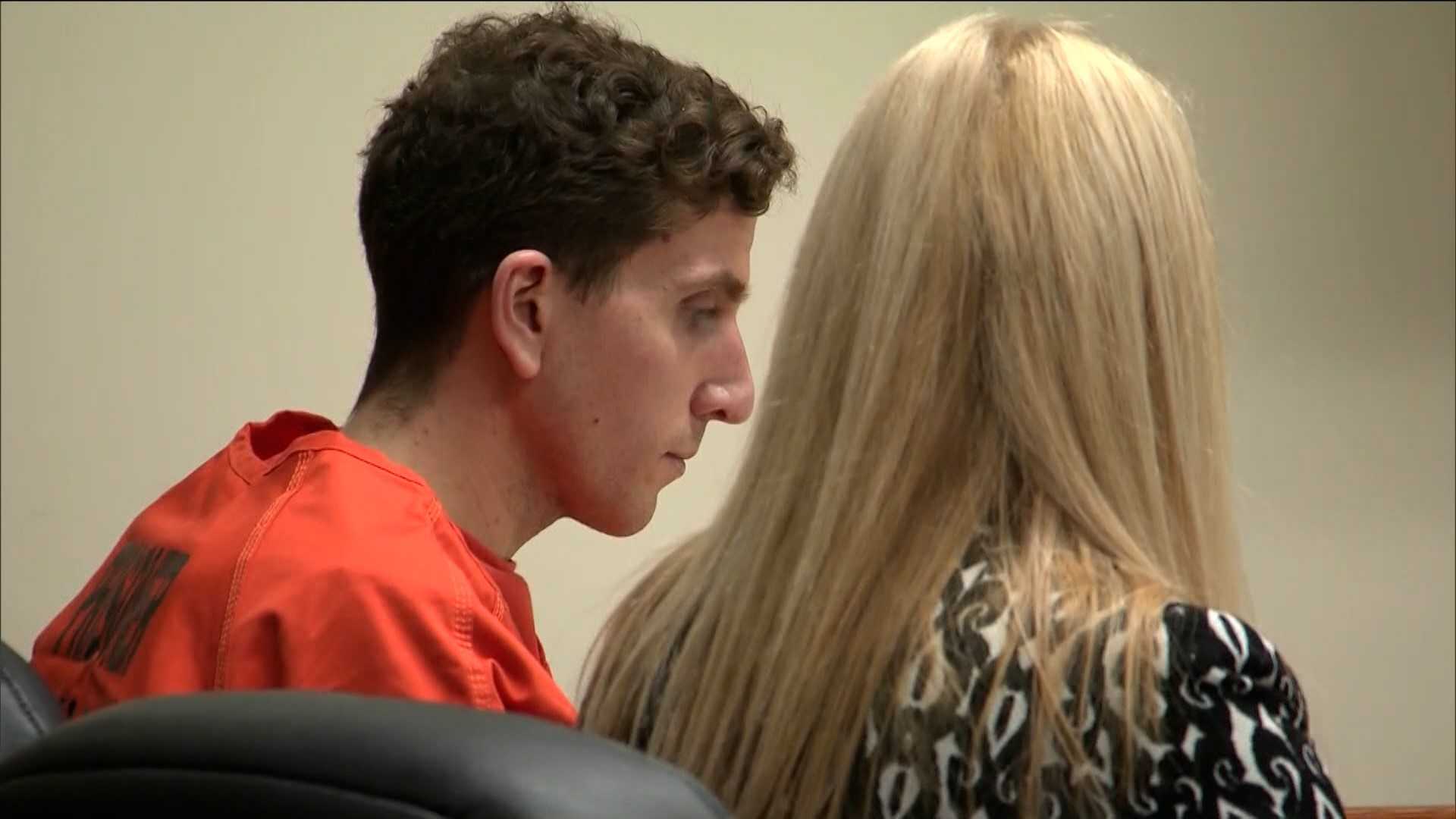News
Judge Rules Death Penalty Can Be Sought for Kohberger

BOISE, Idaho — A judge ruled Thursday that prosecutors can pursue the death penalty against Bryan Kohberger if he is convicted of murdering four University of Idaho students. This decision comes despite Kohberger’s recent autism diagnosis.
Kohberger, 30, is charged with the November 2022 stabbings of Ethan Chapin, Xana Kernodle, Madison Mogen, and Kaylee Goncalves at an off-campus rental home in Moscow. The judge’s ruling allows prosecutors to seek capital punishment if Kohberger is found guilty at his upcoming trial, scheduled to start in August.
Judge Steven Hippler considered motions from Kohberger’s defense team, which argued that his autism spectrum disorder reduced his culpability and should exclude him from the death penalty. The defense cited concerns that executing someone with autism constitutes cruel and unusual punishment under the Eighth Amendment. They claimed that Kohberger’s condition undermines the goals of deterrence and retribution that capital punishment aims to achieve.
However, prosecutors challenged this assertion, stating that, per U.S. Supreme Court precedent, intellectual disability is the only mental impairment that disallows the death penalty. They noted that Kohberger’s autism diagnosis does not include intellectual impairment.
In his ruling, Hippler indicated that while autism may serve as a mitigating factor in sentencing, it does not inherently disqualify someone from facing the death penalty. “The Defendant has not shown that ASD is equivalent to an intellectual disability for death penalty exemption purposes,” he wrote.
Kohberger was a criminal justice graduate student at Washington State University at the time of the 2022 deaths and was arrested weeks after the crime. DNA evidence linked him to the scene, specifically a knife sheath found during the investigation.
Autopsies revealed that the victims were likely asleep during the attack. Investigators found that each student had been stabbed multiple times, with some showing signs of defensive wounds.
This case continues to develop. Further hearings and a trial are expected as the legal proceedings advance.












